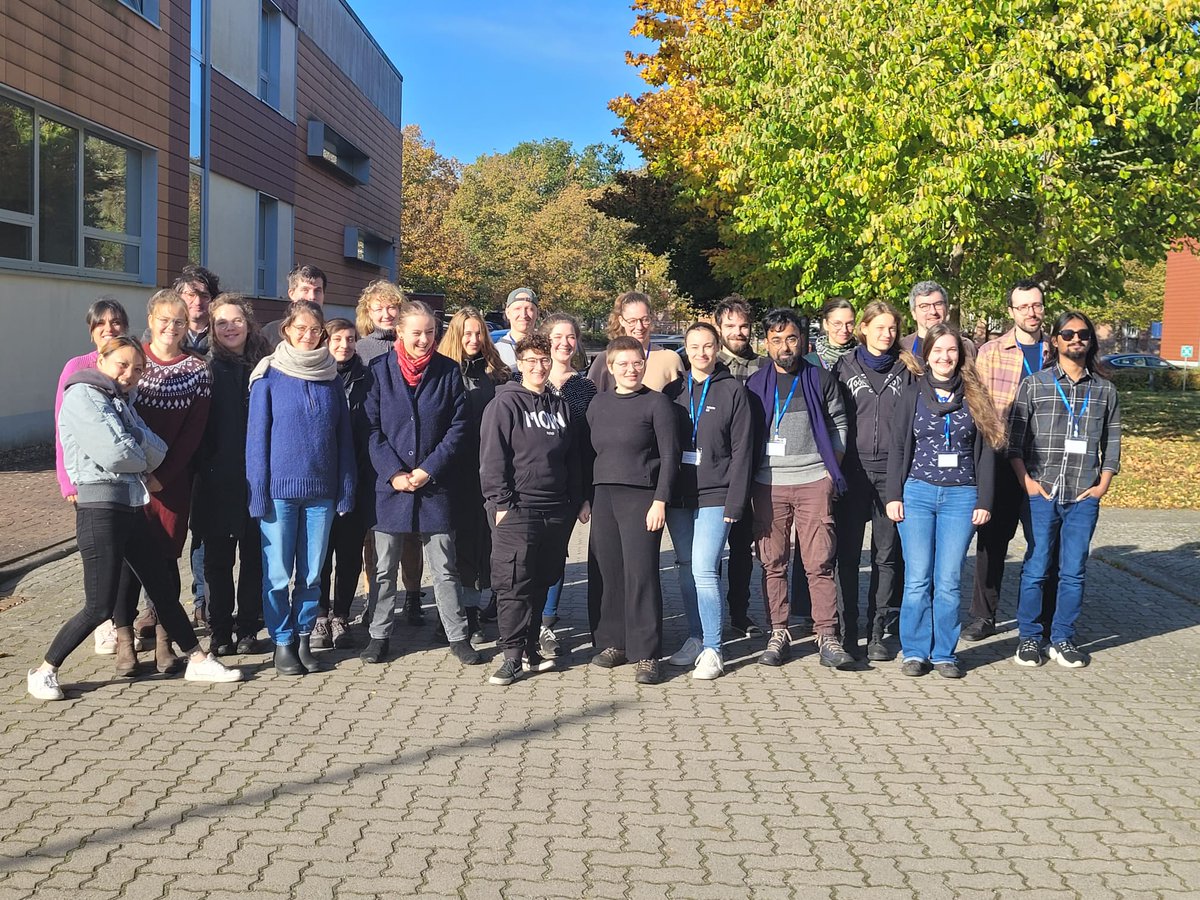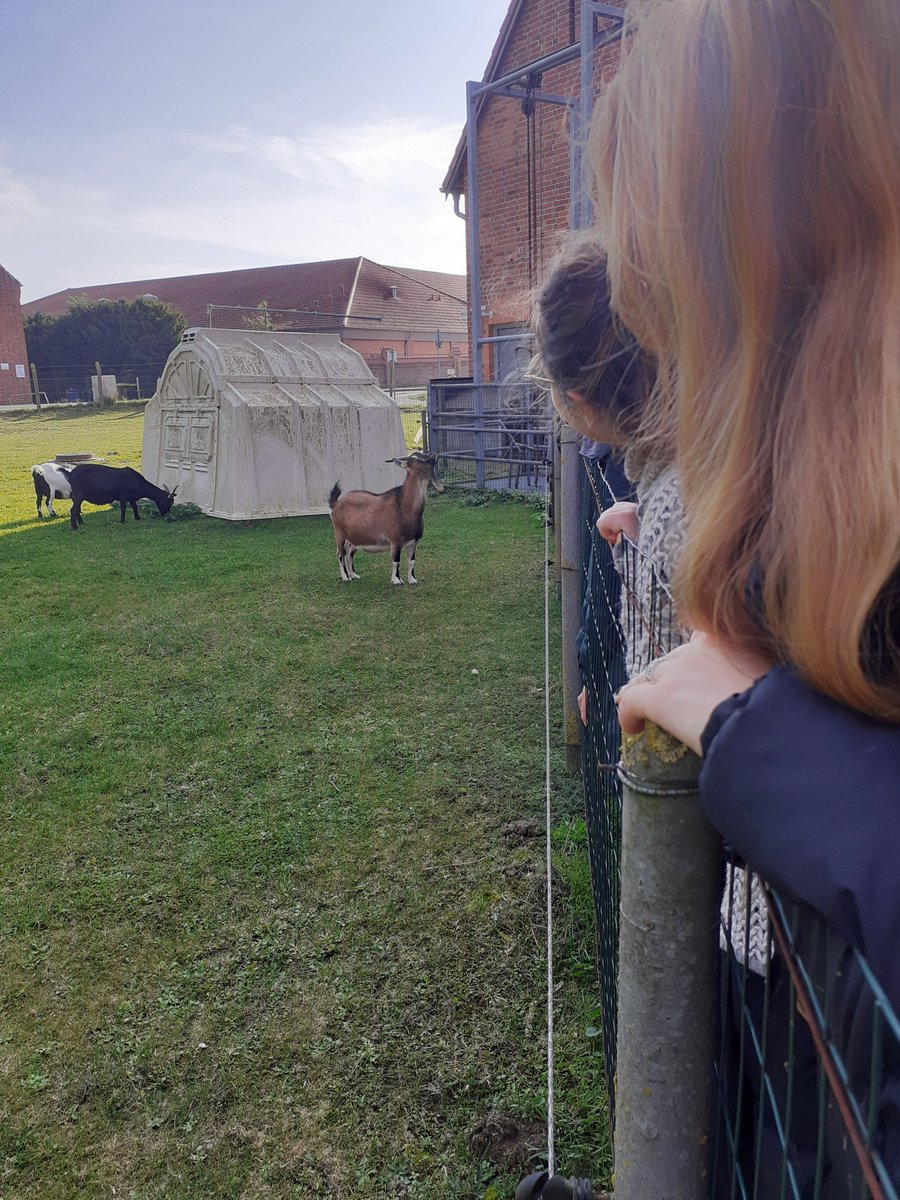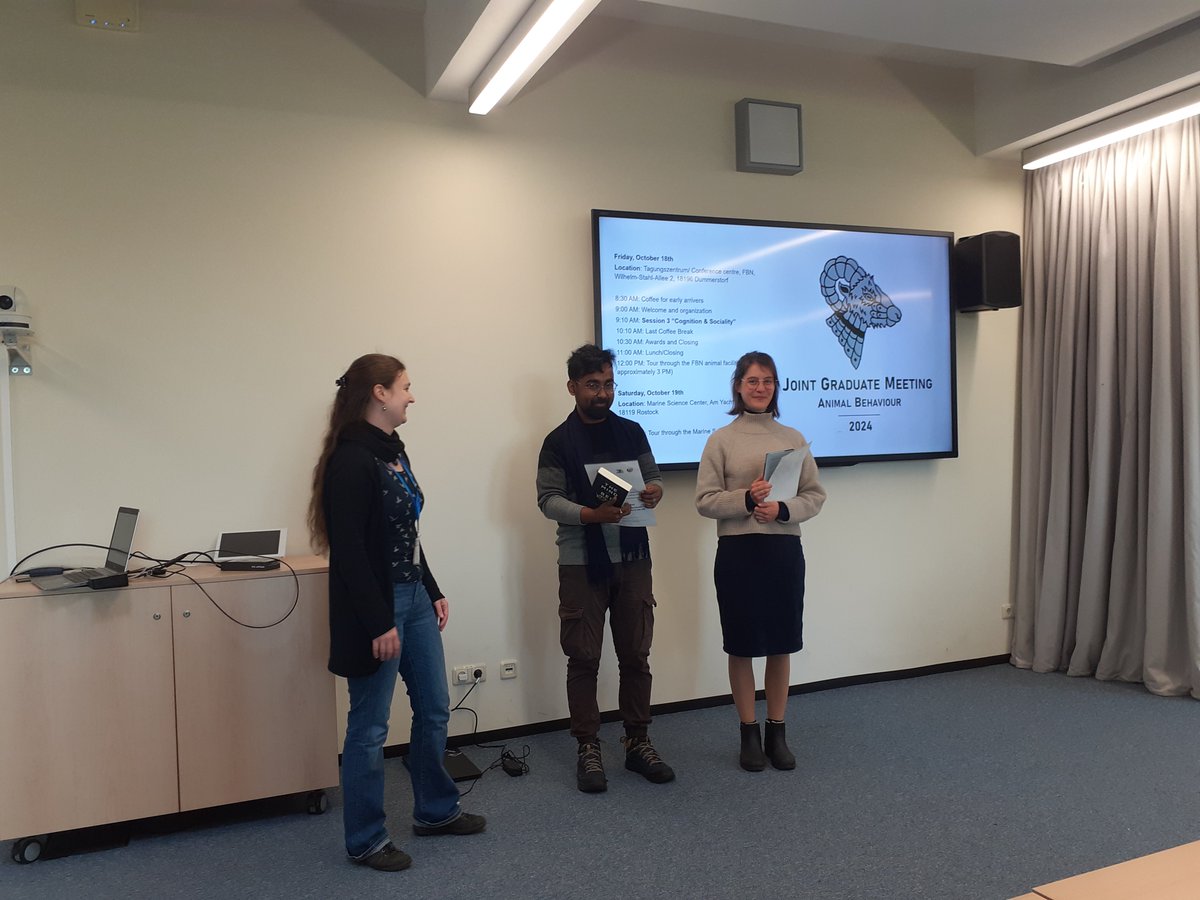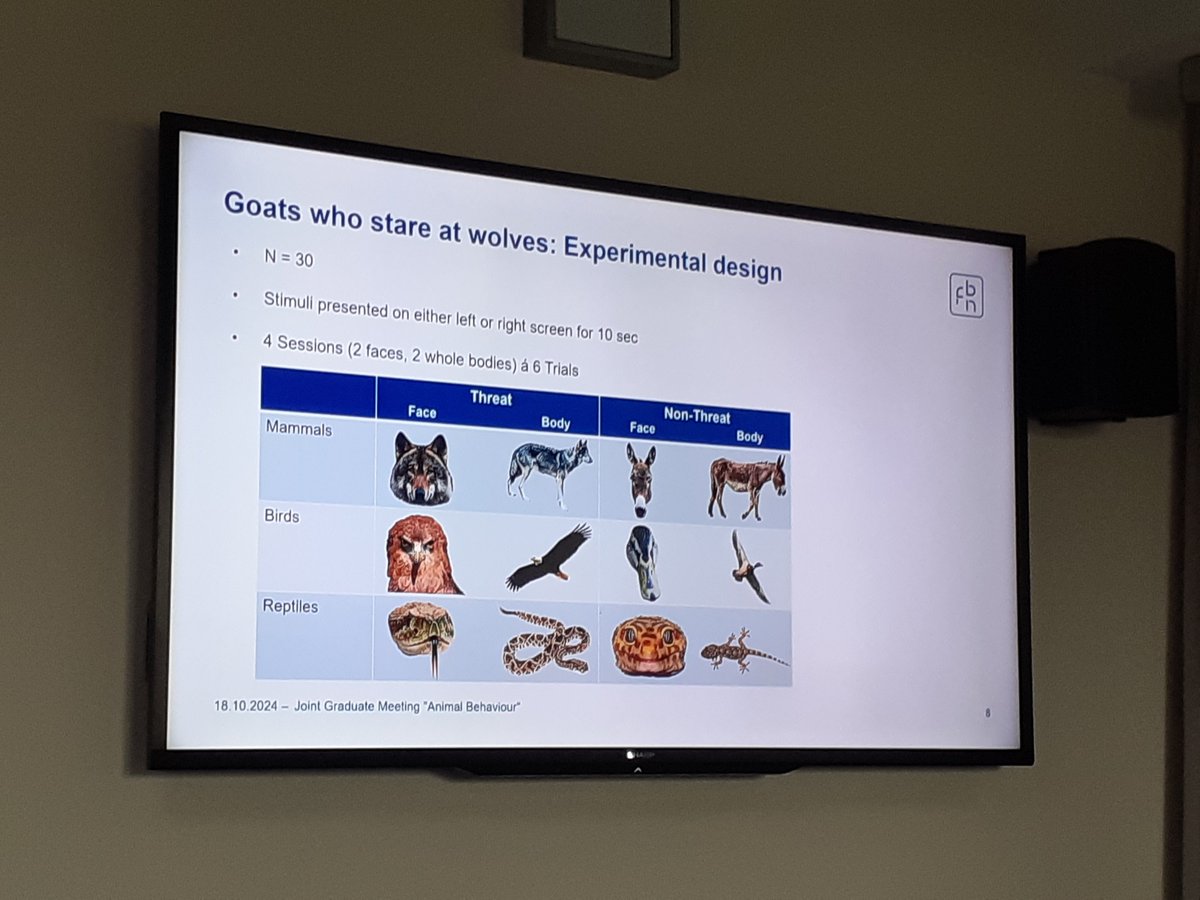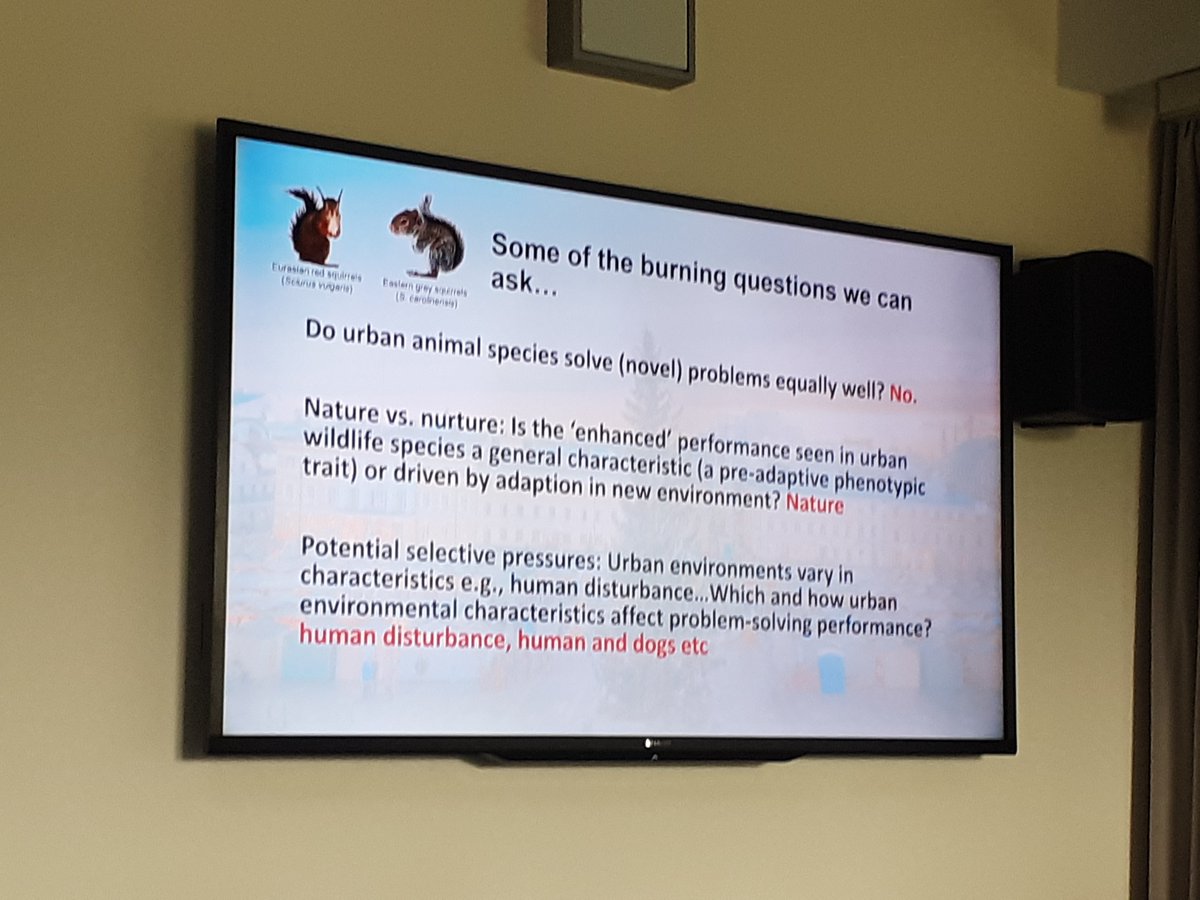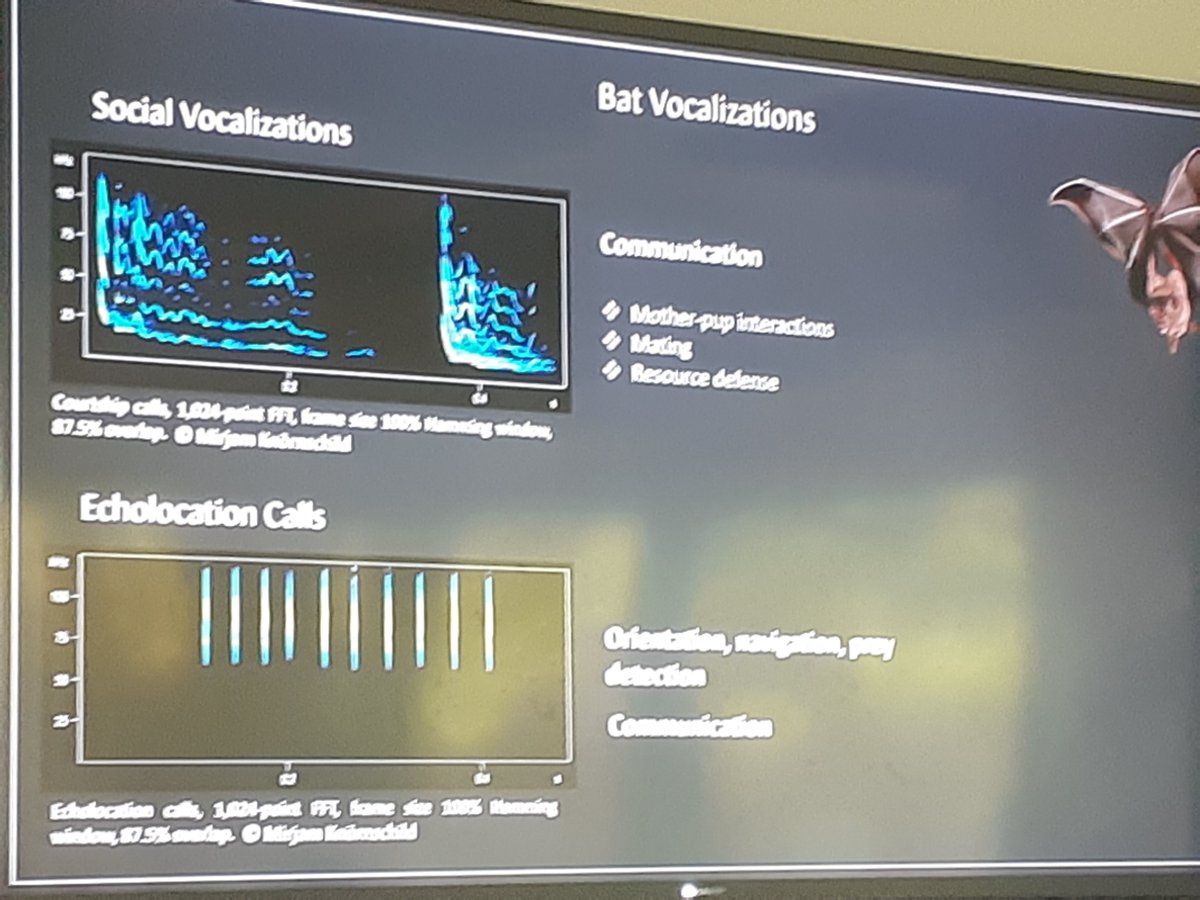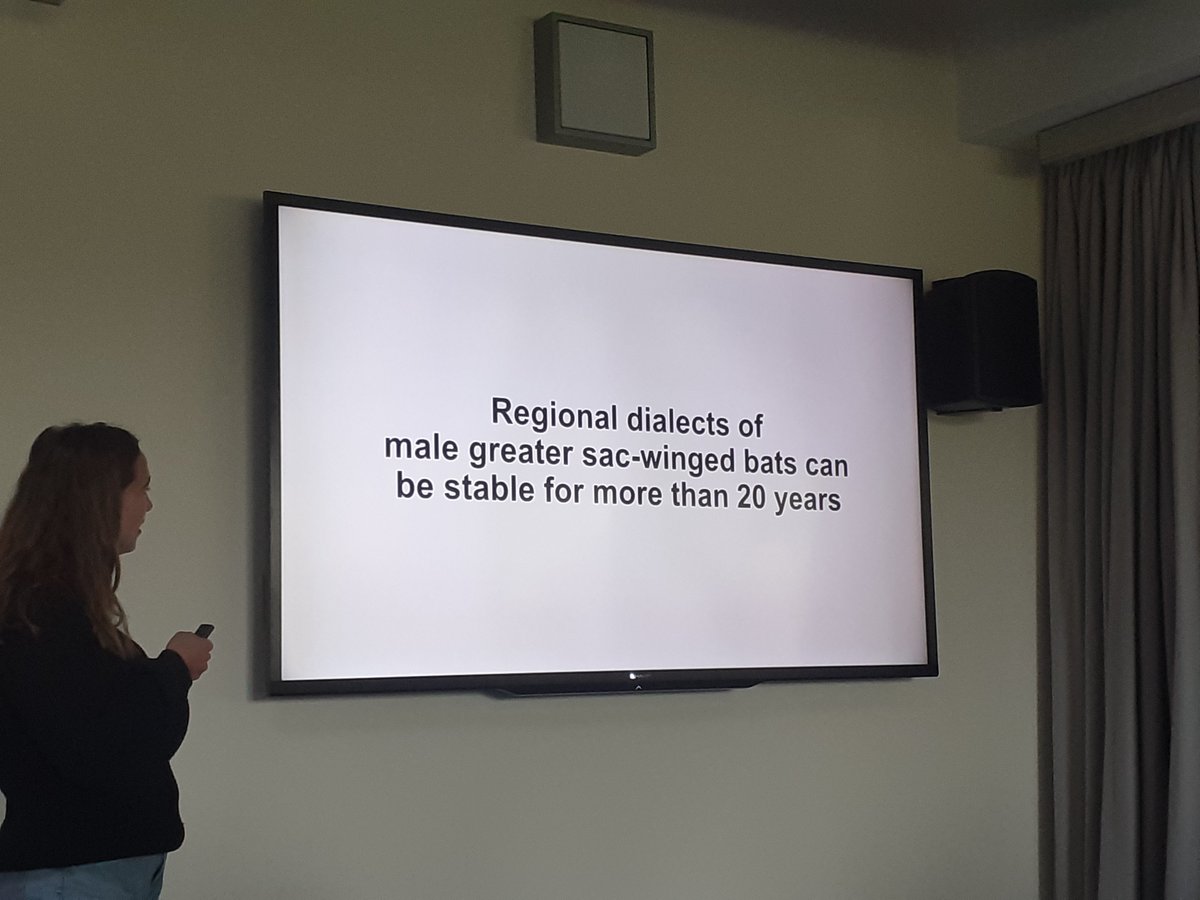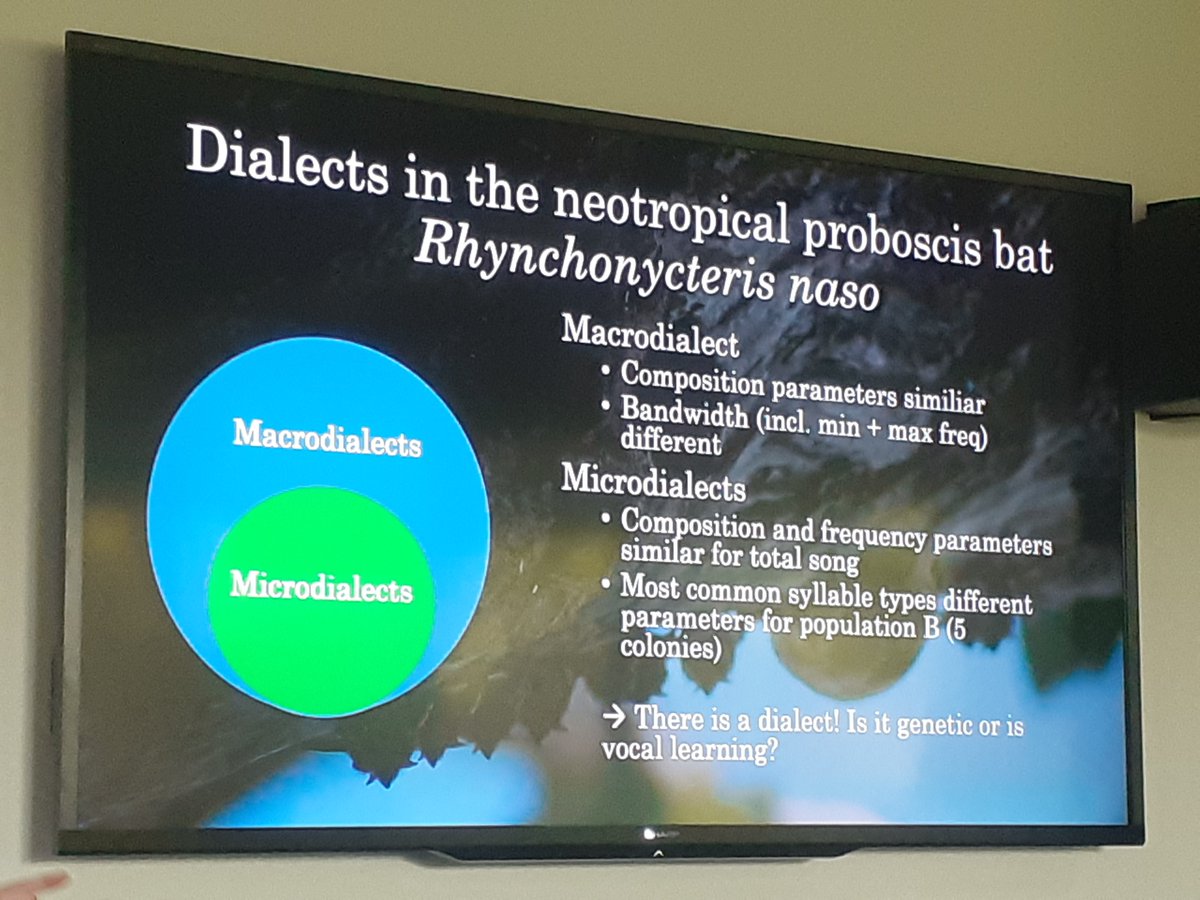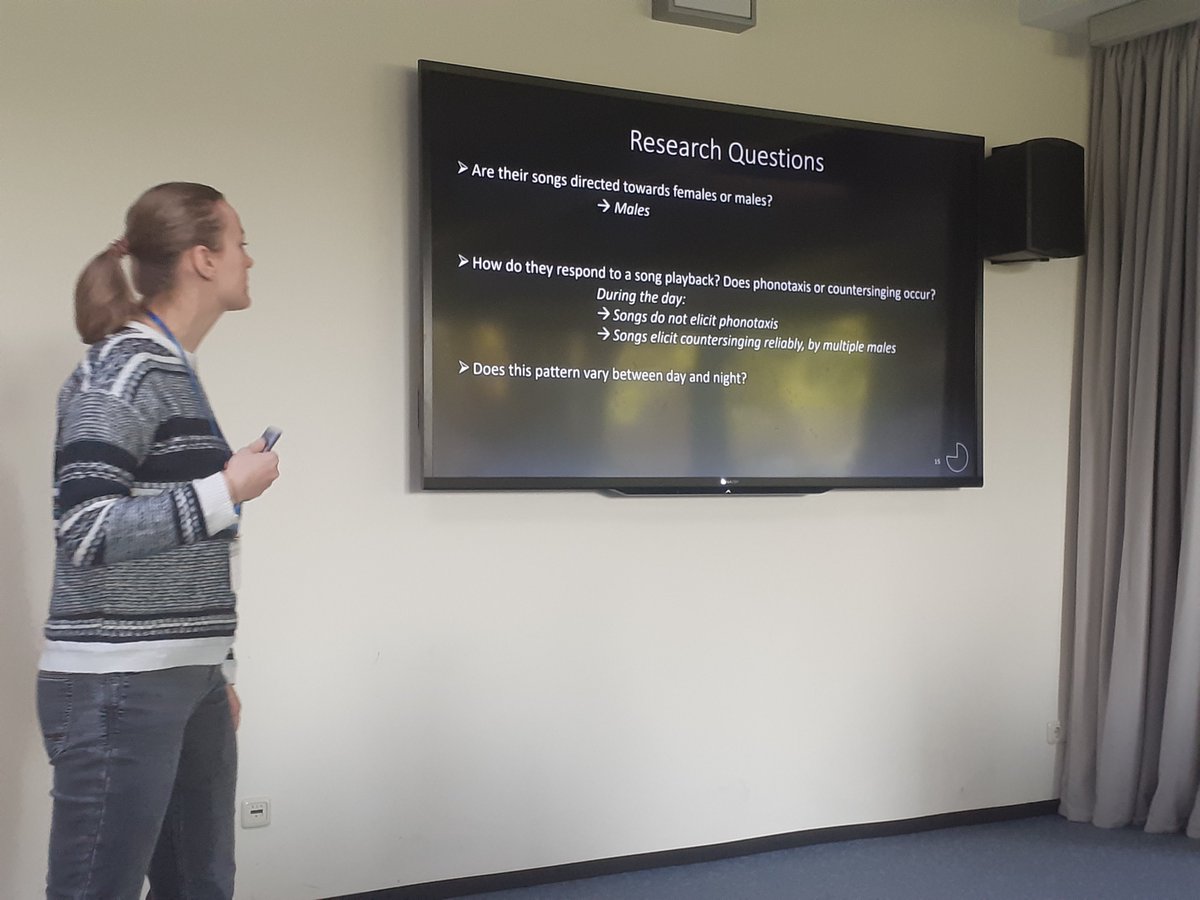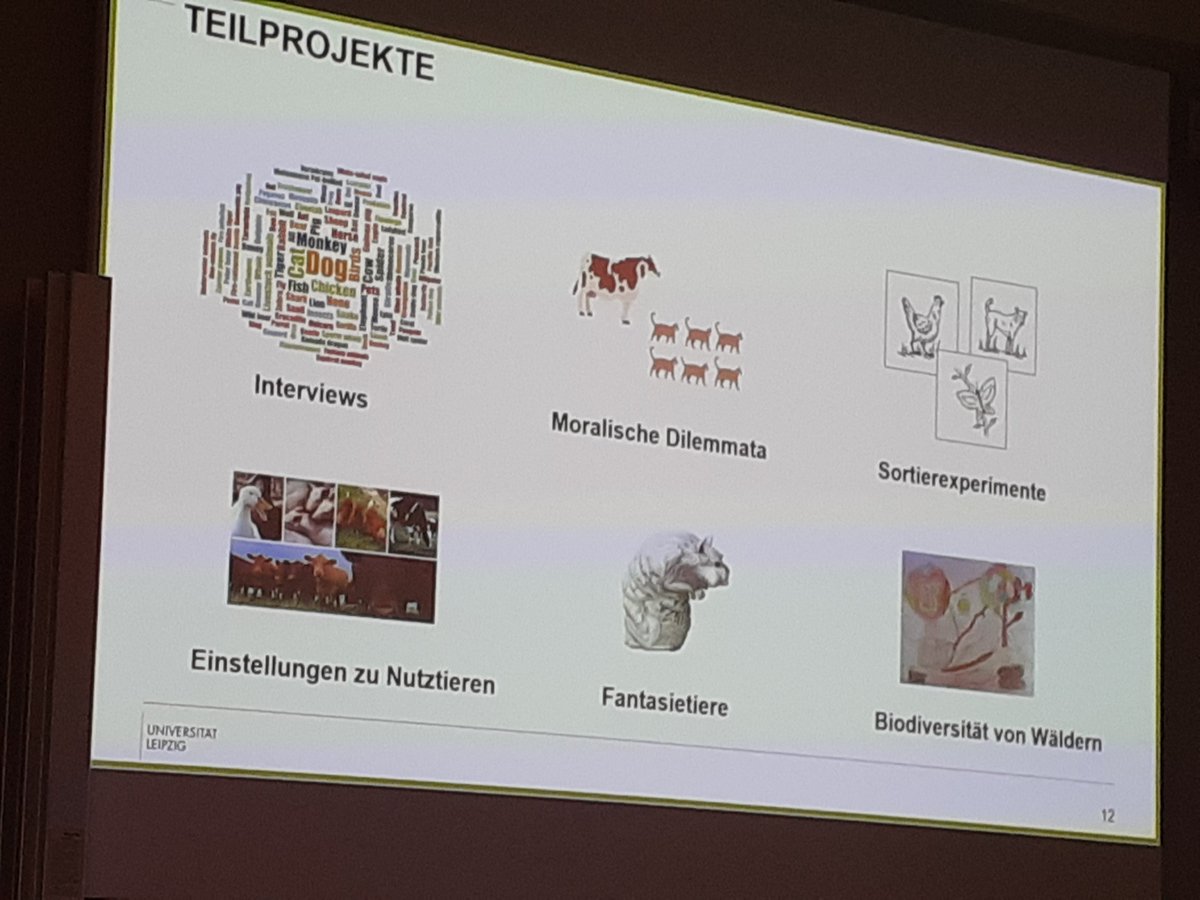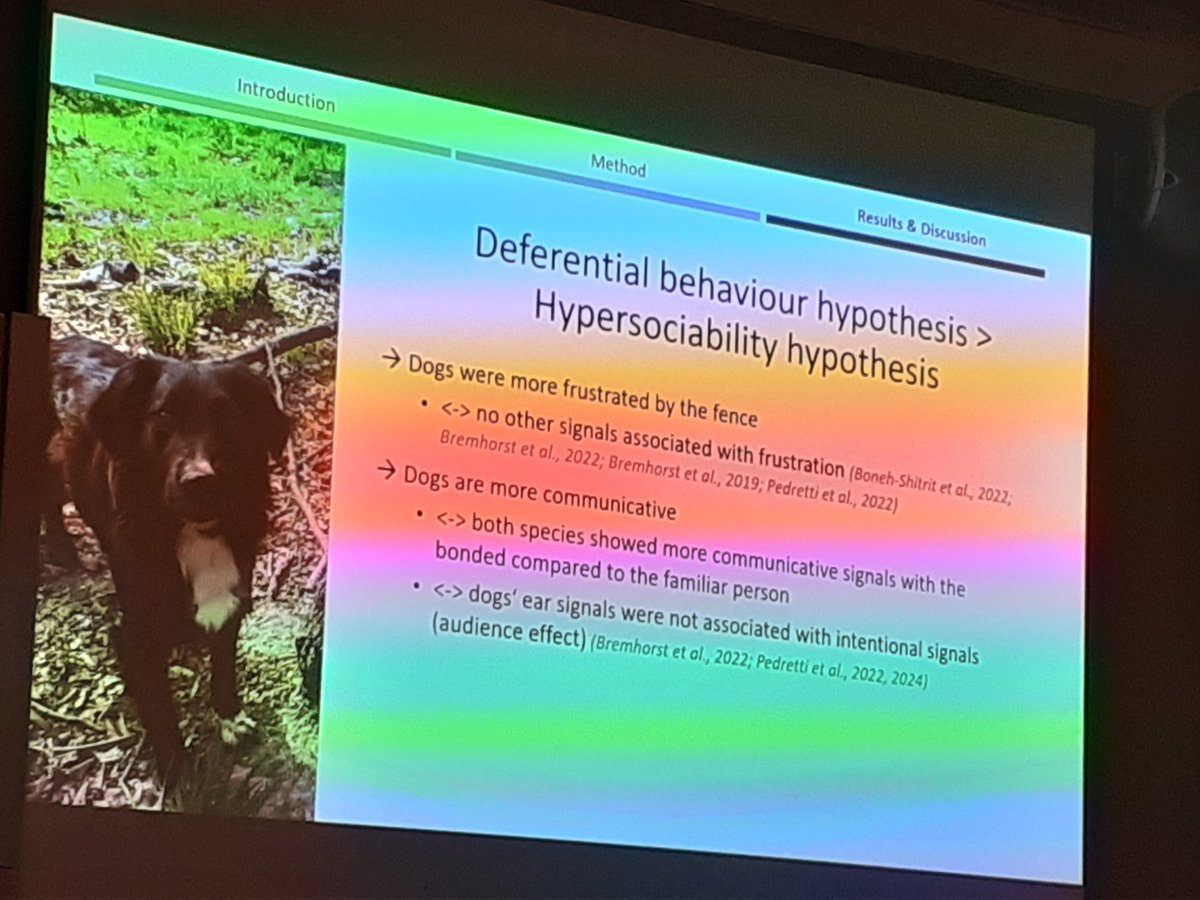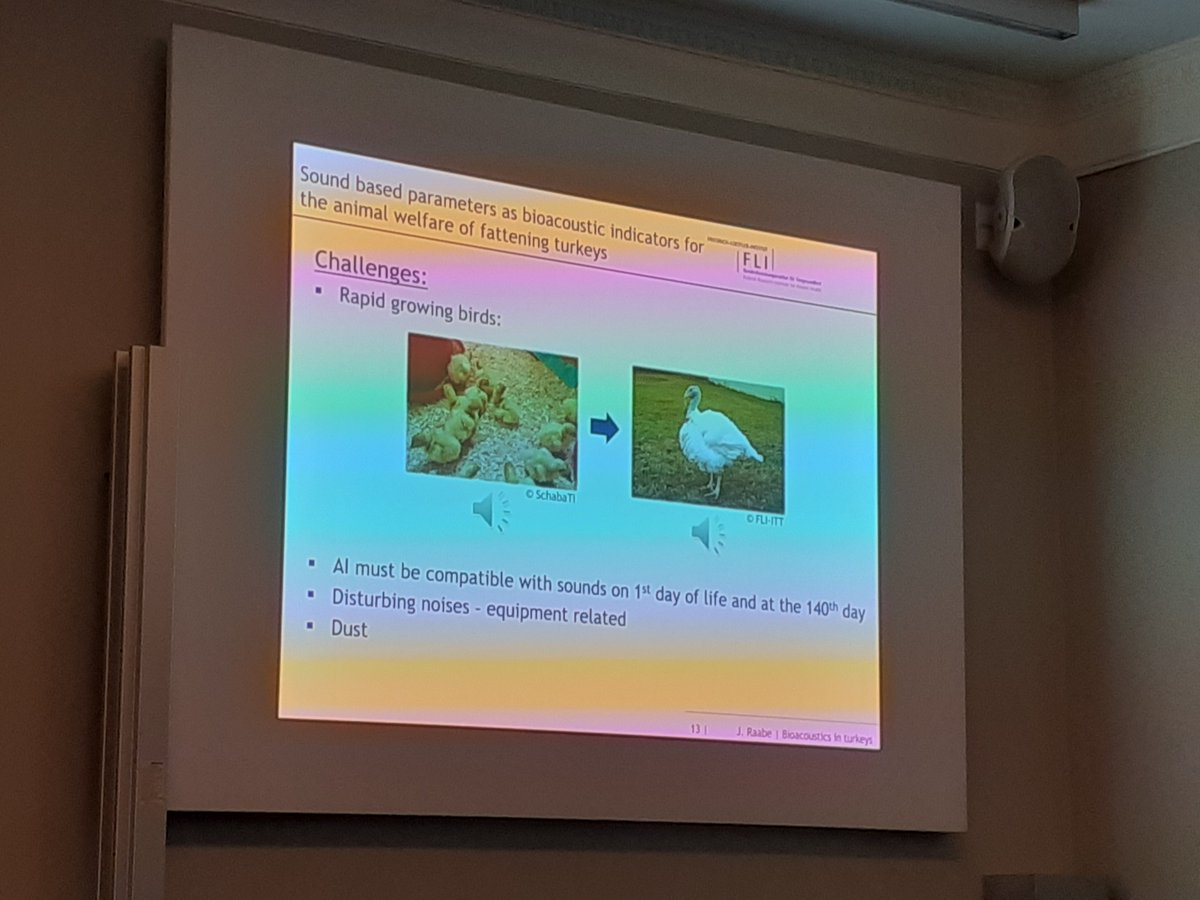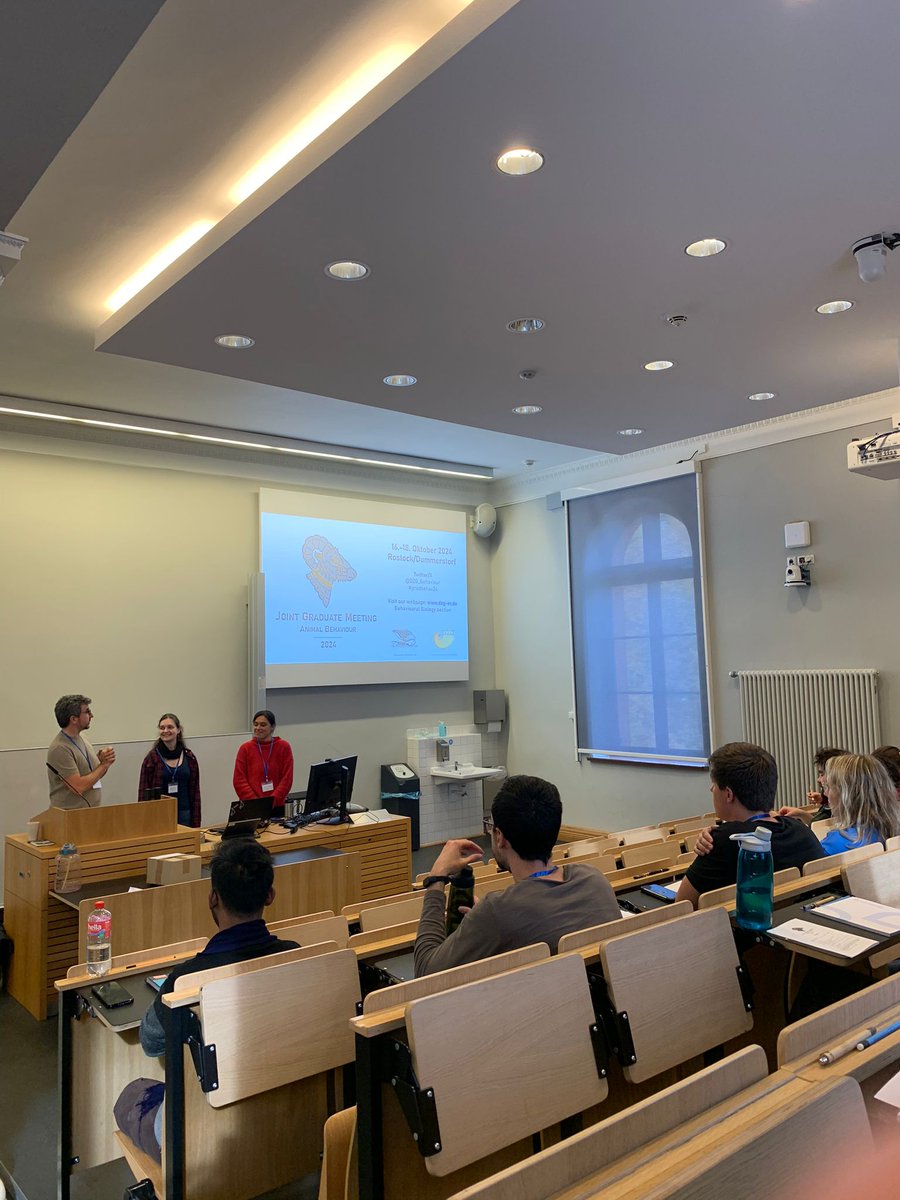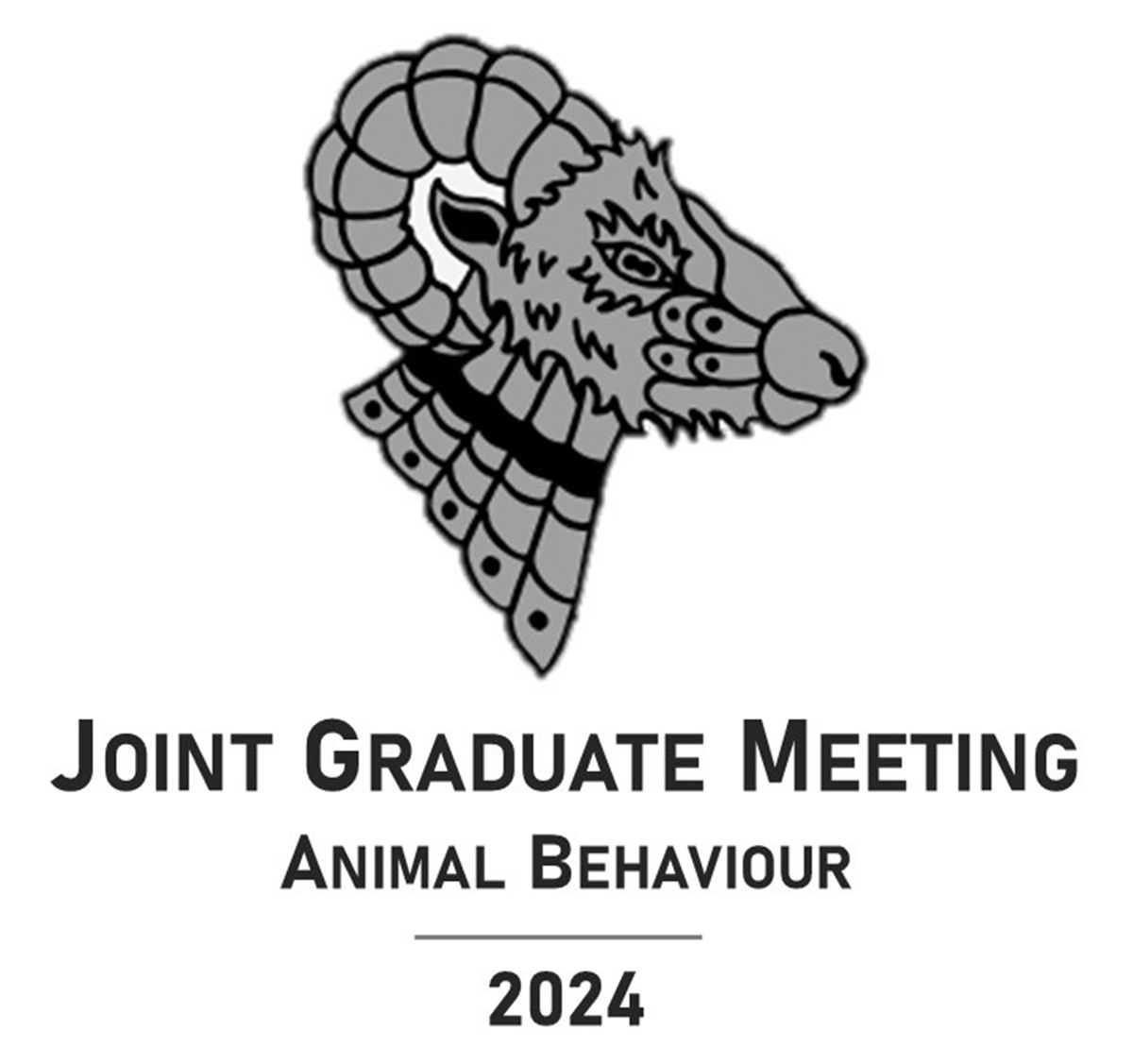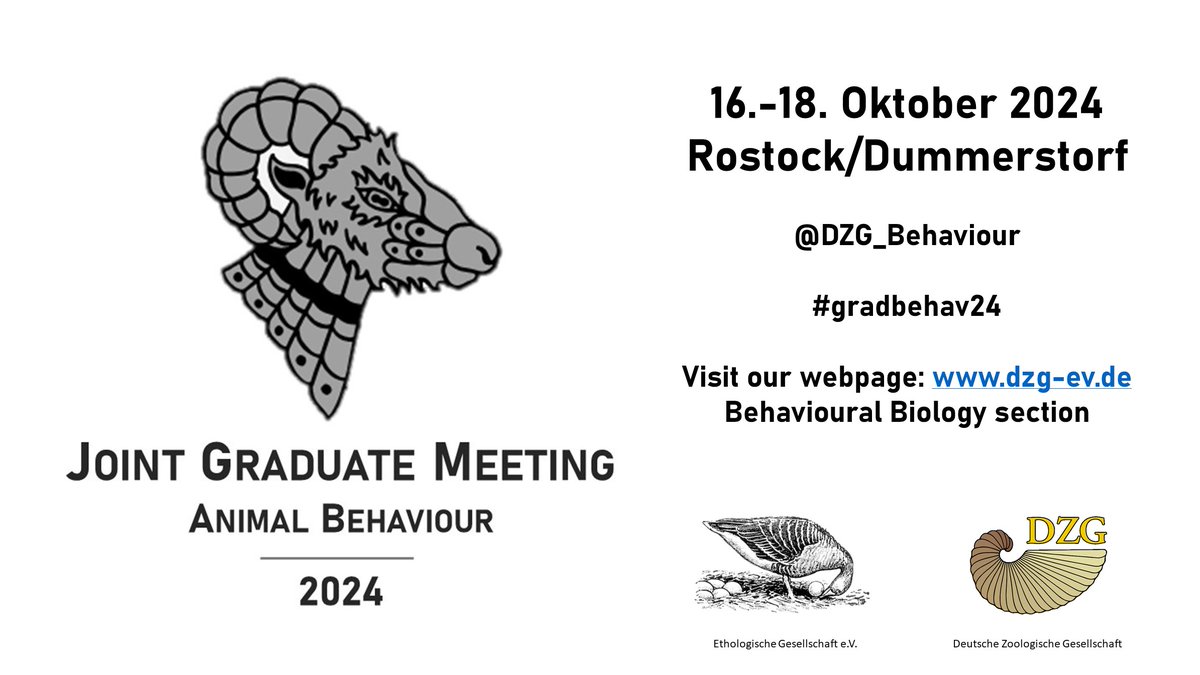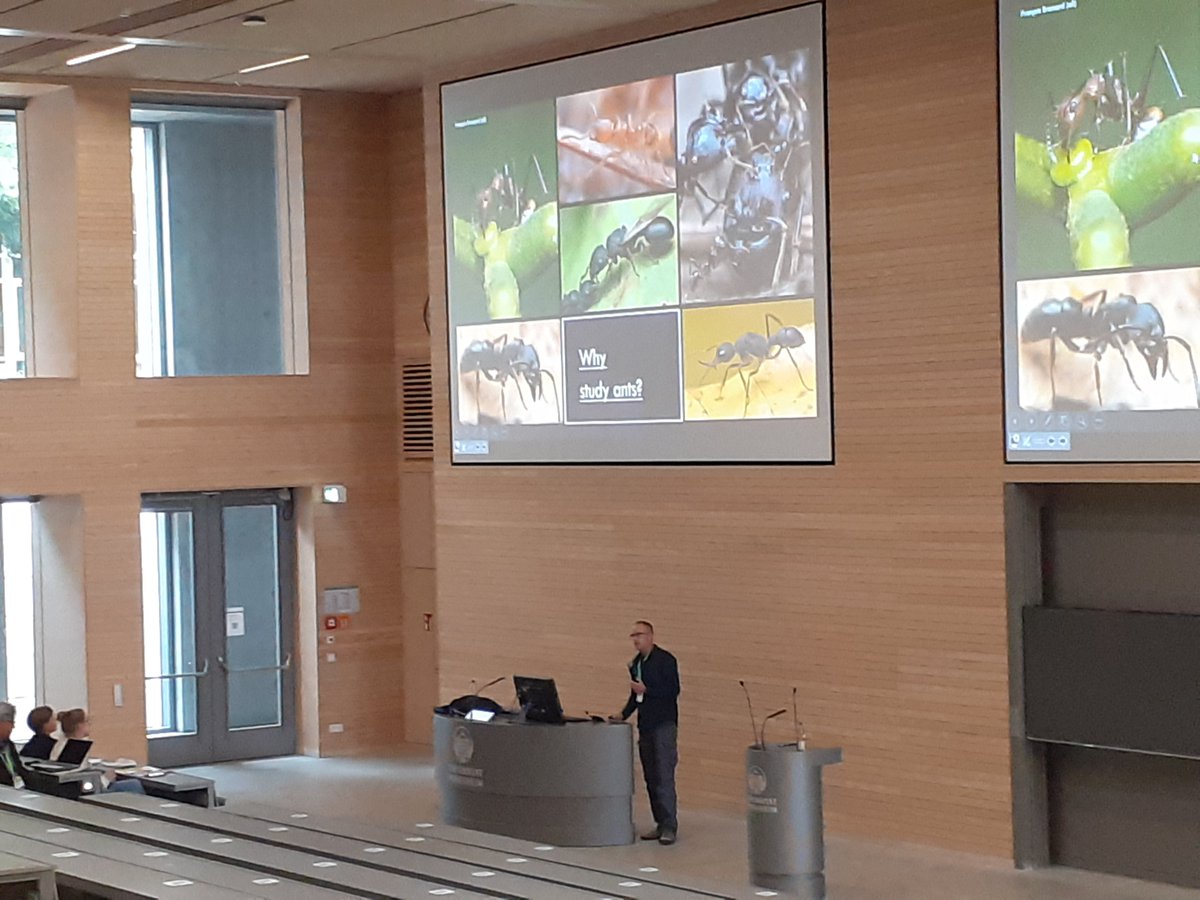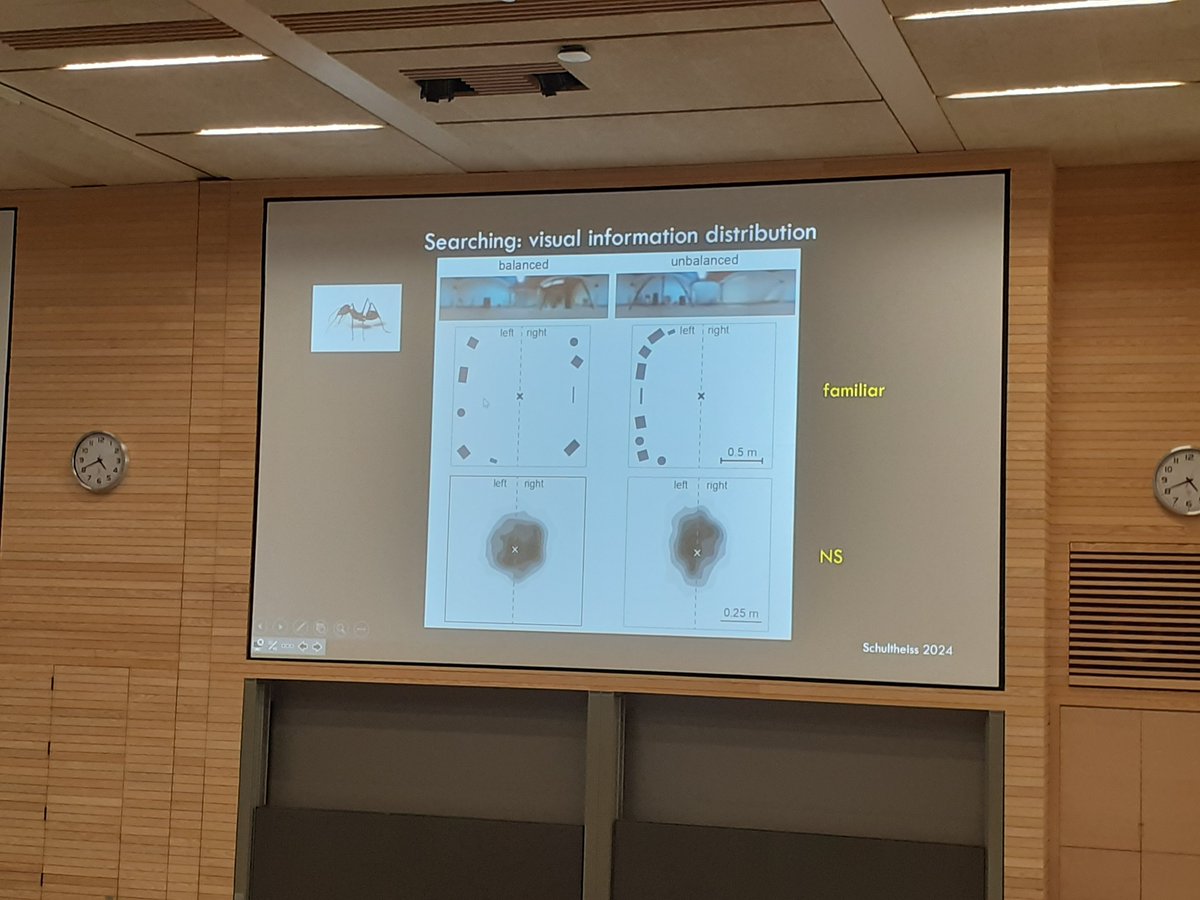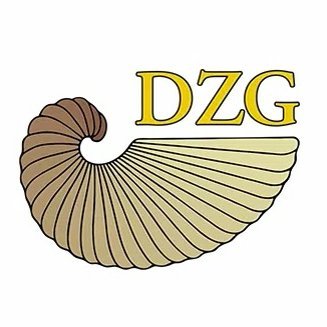
DZG section Behavioural Biology
@DZG_Behaviour
Followers
106
Following
127
Media
71
Statuses
95
Account of the DZG section Behavioural Biology. Tweets about new papers, conferences, and job adverts by @fernandez_ahana, Sabine Kraus and @goatsthatstare.
Joined June 2023
This account is shutting down soon! 🚨. We're moving to the other thing—follow us there (@dzg-behaviour.bsky.social) for news related to animal behaviour research! 🎉
0
1
1
Thank you all for a great Graduate Meeting! 🙌 . And many thanks to @EthoGes and @ZoolSocietyGer for the amazing support!. #gradbehav24
0
2
8
Last but not least – no meeting at @FBNDummerstorf without a visit to the animal facilities. 🐷🐐. Clever pigs and goats all the way!. #gradbehav24
0
2
5
🎉 Talk and poster prizes are in! We've seen so many impressive presentations and posters, but we had to choose. Congrats to Eva Mardus for Best Talk and Anustup Bandyopadhyay for Best Poster! 🏆👏. #gradbehav24
0
2
6
The last speaker of the session, and of our Graduate Meeting, is Alvaro L. Caicoya (@FBNDummerstorf). He is assessing whether pigs console each other in stressful situations. 🐖❤️. A great teaser before we start touring our pig and goat facilities!. #gradbehav24
0
2
5
Next up: Jana Deutsch (@FBNDummerstorf) will share the first results of her PhD project on developing an affect-driven attention bias test for goats! Are goats scared by the wolf?🐐💡. #gradbehav24
0
3
6
🌟 Kicking off the last day of our Graduate Meeting! First up, Eva Mardus (Natural History Museum Berlin) discusses her fascinating research on numerical competence in bats. Do bats count? 🦇. #gradbehav24
0
1
2
🌰✨ How smart are squirrels and why should we care? . Our second keynote speaker, Pizza Chow (Uni Chester), is exploring the fascinating problem-solving behavior of these amazing critters!. #gradbehav24
0
3
4
Wrapping up our acoustic communication session with Sophie Holtz from Free University of Berlin! 🎤 . She’s discussing her research on mapping neural substrates for producing functionally different vocalization types in bats. 🦇. #gradbehav24
0
2
2
Next up is Marisa Tietge (Natural History Museum Berlin), sharing her work on the temporal stability of learned song dialects in greater sac-winged bats! 🦇🎶 . (Have you noticed a slight taxa and topic bias yet? 😉). #gradbehav24
0
2
3
Excited for our second speaker today! . 🌟 Dialects in bats? Franziska Eberhardt (Natural History Museum Berlin) presents her research on macro and micro dialects in neotropical Proboscis bats. 🦇. #gradbehav24
0
2
3
🌟 Day 2 kicks off with an exciting session on acoustic communication! . 🎤 Our first speaker, Lena Dressler, explores Proboscis Bat communication through playback experiments.🦇. #gradbehav24
0
2
4
👏 Today's final talk was delivered by our first invited speaker, Katja Liebal (University of Leipzig), on her team's cross-cultural approach to children’s attitudes towards other animals. Interesting to see how these differ between farm, wild and pet animals!. #gradbehav24
0
2
5
🐕 The final speaker of our welfare session was Svenja Capitain (Konrad Lorenz Institute of Ethology), showcasing her results on how human greeting behaviour is perceived by dogs and wolves - looking at dog and human behaviour. #gradbehav24
0
2
3
🦃 Our second speaker in the welfare session is Jessica Raabe (FLI Celle), who outlines her PhD project on sound-based parameters as bioacoustic indicators for the welfare of fattening turkeys. #gradbehav24
0
2
4
🐖 We’re kicking off with our session on Animal Welfare! First up is Nick Westendorff (@FBNDummerstorf) discussing area-specific monitoring of activity and vocalization in pigs. #gradbehav24
0
2
2
After the annual DZG meeting is before the Graduate Meeting 'Animal Behaviour'. You can still register to attend—it's free!. #DZG2024 #gradbehav24 #AnimalBehaviour. 🔗
📢 Mark your calendars for the Joint Graduate Meeting of the @EthoGes and the @ZoolSocietyGer!. Don't miss this fantastic opportunity to showcase your research and network with peers!. 📆 16.10. - 18.10.2024.🌍 Rostock and Dummerstorf, Germany.🔗
0
3
3
Did you know that there are approximately 20 quadrillion (sic!) ants on our planet?. As part of our DZG-multidisciplinary session, Patrick Schultheiss is presenting his research on how these fascinating invertebrates navigate their environment 🐜🧭. #DZG2024
0
3
7

